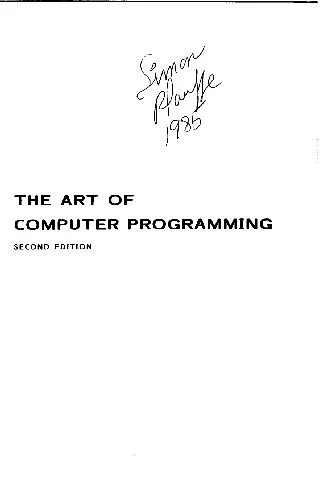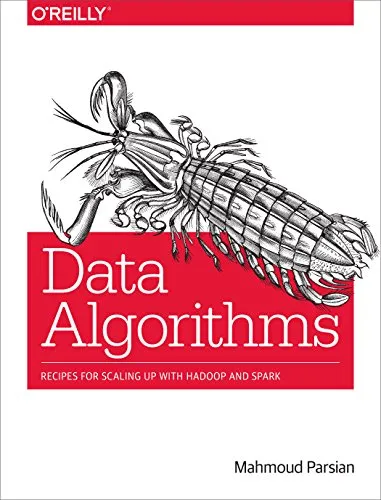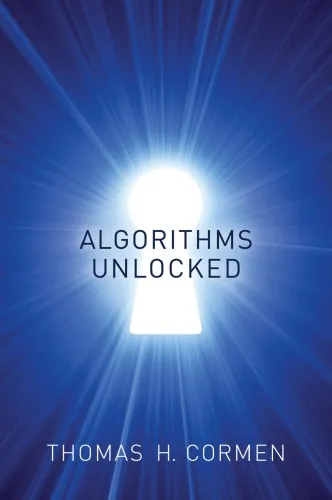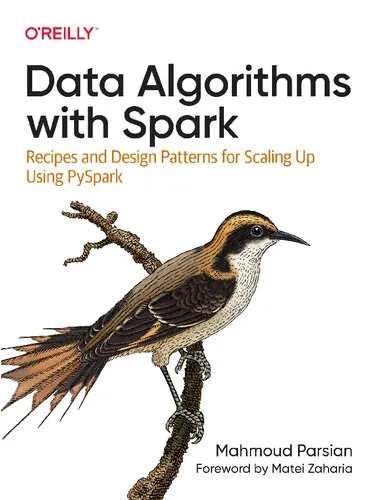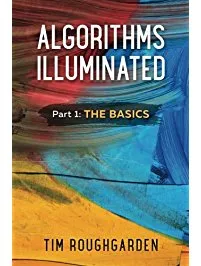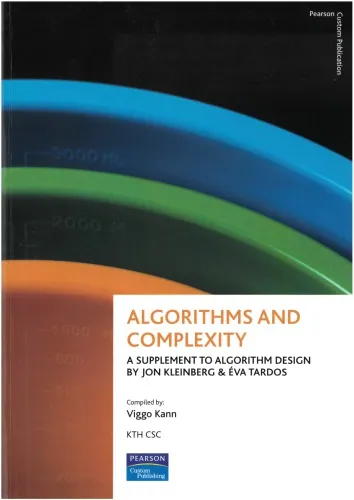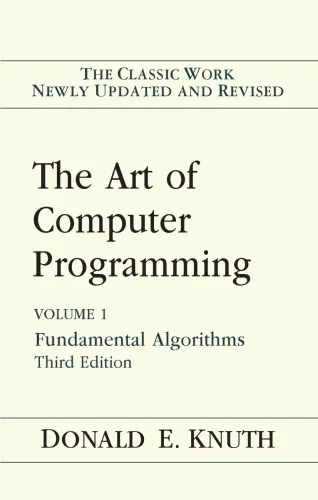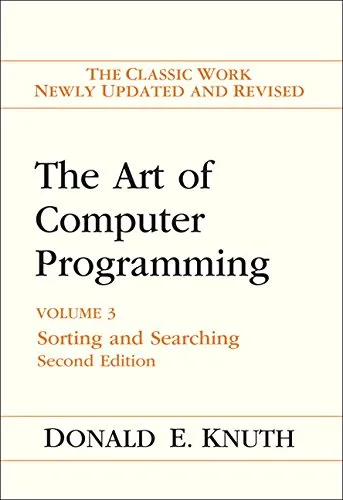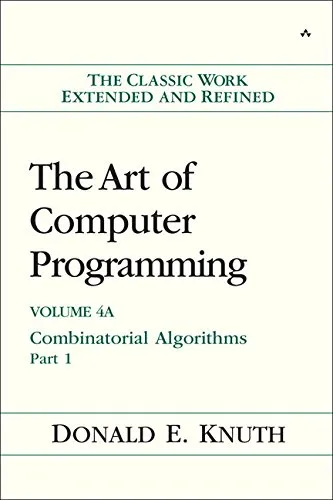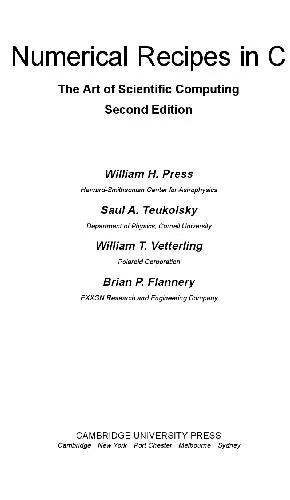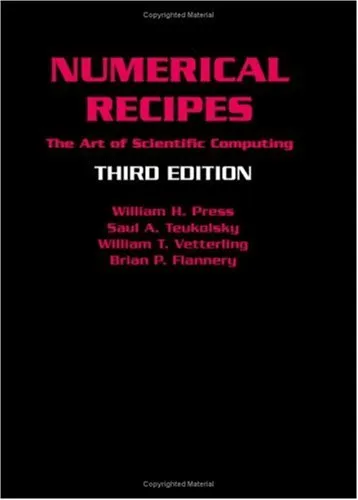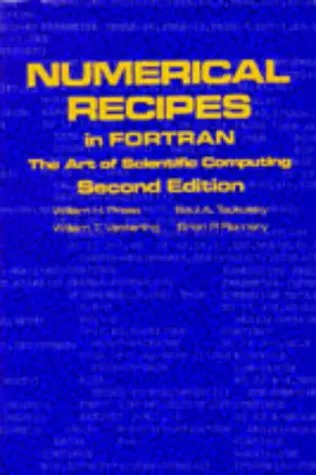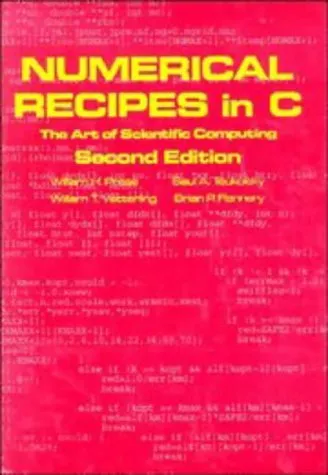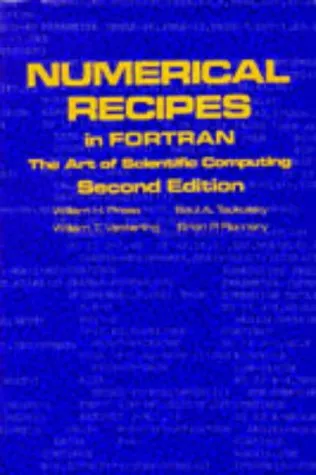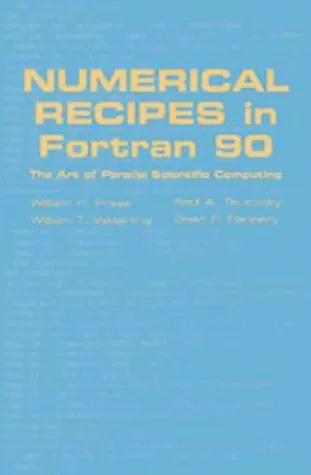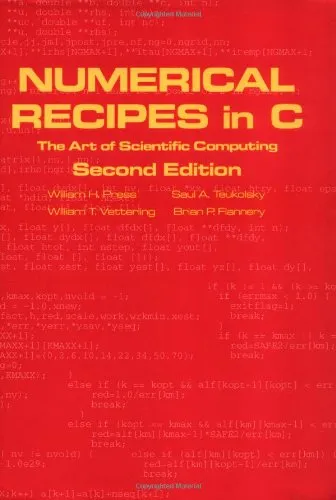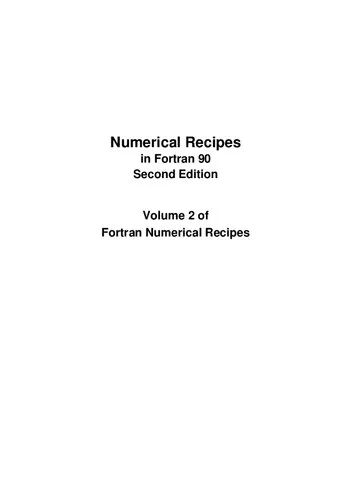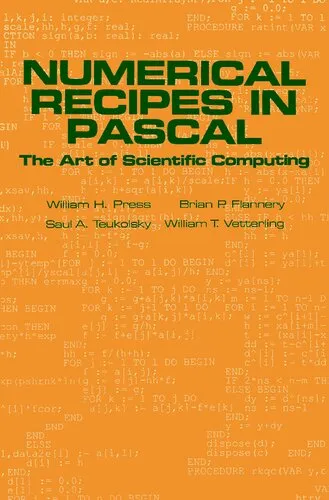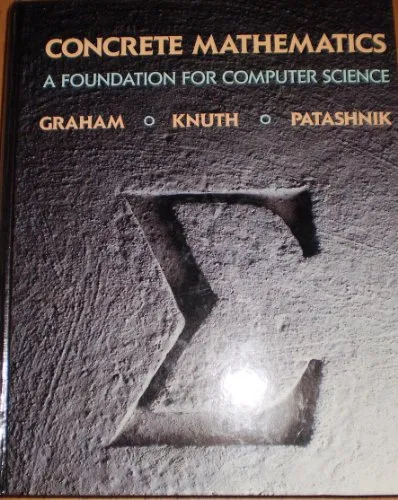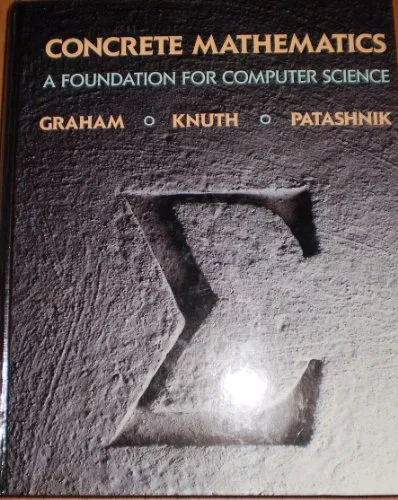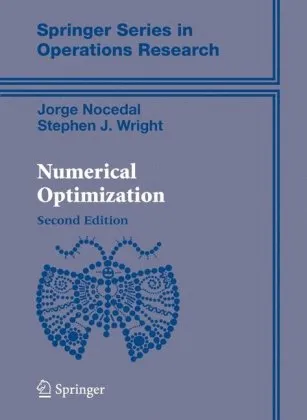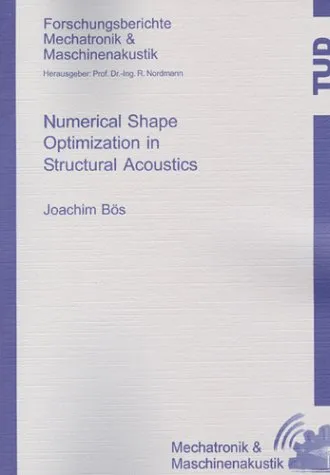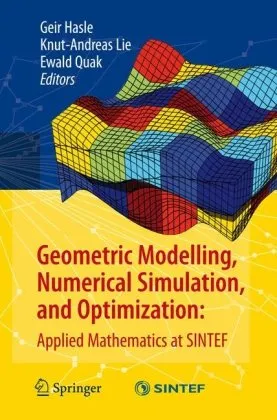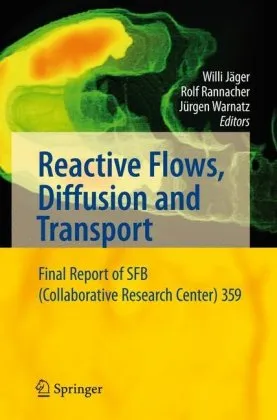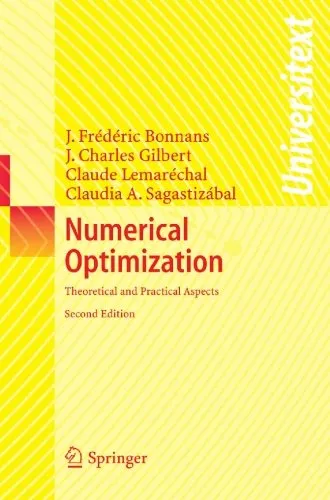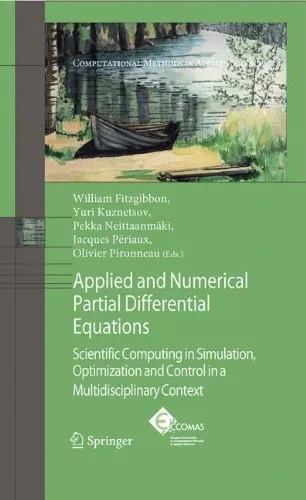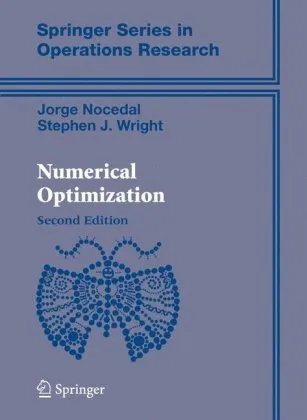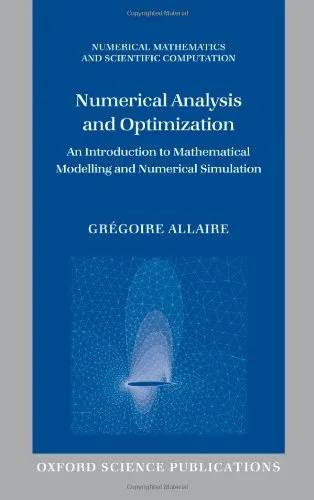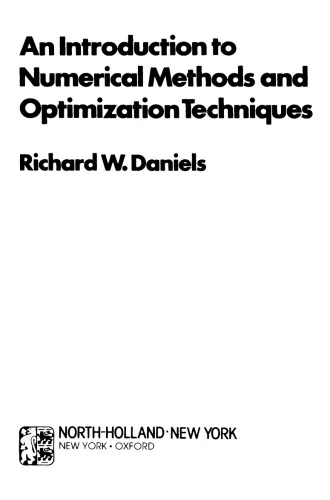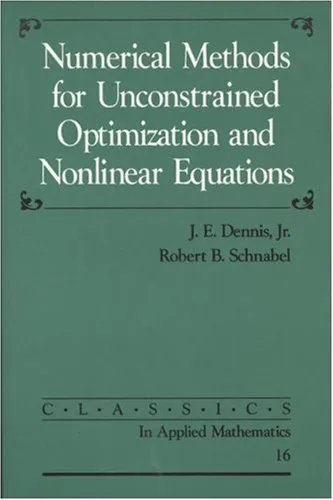The Art Of Computer Programming. Semi-numerical Algorithms
5.0
Reviews from our users

You Can Ask your questions from this book's AI after Login
Each download or ask from book AI costs 2 points. To earn more free points, please visit the Points Guide Page and complete some valuable actions.Related Refrences:
Persian Summary
Introduction to "The Art of Computer Programming: Semi-numerical Algorithms"
"The Art of Computer Programming: Semi-numerical Algorithms" is the third volume in Donald Knuth's comprehensive monograph on computer programming. Initially published in 1969, this book delves into algorithms that combine numerical and non-numerical operations. As part of Knuth's seminal work, this volume focuses on methods that emphasize arithmetic applications for both integer and real-valued computation.
Summary of the Book
Donald Knuth's "The Art of Computer Programming: Semi-numerical Algorithms" covers crucial topics pertinent to the development and analysis of algorithms. This volume serves as a bridge between purely numerical algorithms and non-numerical ones, addressing challenges faced in rounded arithmetic and random number generation. The book is structured to gradually introduce readers to complex algorithmic concepts, making it accessible yet highly informative for computer scientists, mathematicians, and engineers.
The key topics explored in this volume include random numbers, arithmetic in various bases, and the critical intricacies of accurate floating-point computation. It provides a comprehensive examination of random number generation, a subject indispensable for simulations and many applications across computational fields. Additionally, the text thoroughly explores the subtleties of floating-point arithmetic, addressing issues and solutions vital to all practitioners dealing with computer simulations and serious scientific computations.
Key Takeaways
- Understand the essential aspects and challenges of implementing random number generators.
- Gain insight into effective algorithms for precise arithmetic operations in computing.
- Learn about base conversions and their applications in computer programming.
- Acquire the ability to critically assess the reliability of semi-numerical algorithms and methods.
- Develop a deeper understanding of how non-numerical computations integrate with numerical methods to solve real-world problems.
Famous Quotes from the Book
"The most important thing is to have a point of view from which you can see the facts as they are." - Donald Knuth
"Random numbers should not be generated with a method chosen at random." - Donald Knuth
Why This Book Matters
In the ever-evolving landscape of computer science and algorithm development, "The Art of Computer Programming: Semi-numerical Algorithms" remains a foundational text that provides both historical context and cutting-edge techniques. The work by Donald Knuth is recognized globally for its depth, rigor, and influence on modern-day computing practices. It is an indispensable resource for those seeking to understand the intricacies of algorithm efficiency, development, and application in a variety of computational contexts.
This volume, in particular, stands out because of its focus on semi-numerical algorithms—tools that are critical for tasks where precision and randomness intersect. This becomes particularly important in fields like cryptography, scientific computing, and numerical analysis, where the stakes for accuracy and performance are exceptionally high. The insights and methodologies articulated by Knuth in this book have paved the way for advancements in these fields, making significant contributions to the technological progress seen today.
Free Direct Download
You Can Download this book after Login
Accessing books through legal platforms and public libraries not only supports the rights of authors and publishers but also contributes to the sustainability of reading culture. Before downloading, please take a moment to consider these options.
Find this book on other platforms:
WorldCat helps you find books in libraries worldwide.
See ratings, reviews, and discussions on Goodreads.
Find and buy rare or used books on AbeBooks.
